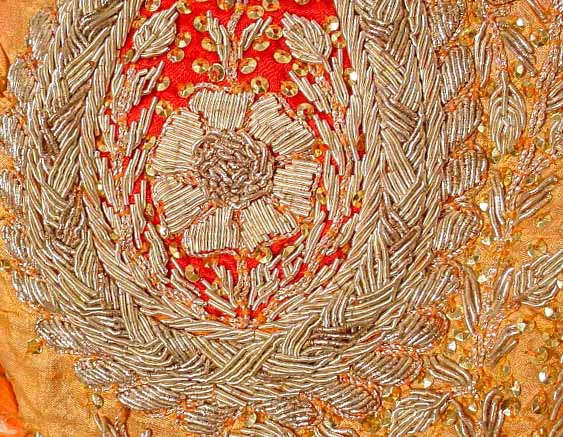===
0108,
6
===

=== |
 |
ʿunvān : 'Superscription, title, or title-page (of a book, &c.); preface; anything that serves as an indication (of another thing); that which is understood (by anything); —mode, manner'. (Platts p.766)
FWP:
SETS == EXCLAMATION; KYA
MOTIFS == ROAD
NAMES
TERMS == CONNECTION; IHAMIt's an extremely insha'iyah verse, with its imperative first line and exclamatory second line. The sun rakho tum is an idiomatic form for 'having heard, keep in the memory' [sun kar yād meñ rakhnā], and the familiar verb form (with its pronoun included for extra emphasis and colloquial ease) gives it a wonderfully casual charm. Has the addressee been urging the speaker to stay a while, perhaps with tears and pleas? Or has the addressee been demanding imperiously that the speaker remain in place until further orders? And is the addressee the beloved, or some friend or comrade?
Here the semantics radically restrict the possibilities of the (usually so versatile) kyā . In the context of this verse it can't meaningfully be a yes-or-no question introducer; nor can it be read as an exclamation of indignant repudiation of the clause it introduces, nor can it be taken as adjectival (like kaun-sā ). Translating it as 'how [greatly]!' isn't quite right of course, but at least it captures the affirmative, exclamatory force lurking behind what is often an interrogative structure.
So unusual is this particular restricted form of kyā , so different-feeling from the 'least-marked' multivalent uses, that I'd consider it almost one of the deliberate features of the verse. I had to keep rereading the second line, in order to keep ruling out the other kyā readings that here must be excluded and can't even be left to form a penumbra. Perhaps this use could even constitute a form of iham: we expect kyā to be multivalent, and then it turns out to be totally restricted to a form that is not its most common.